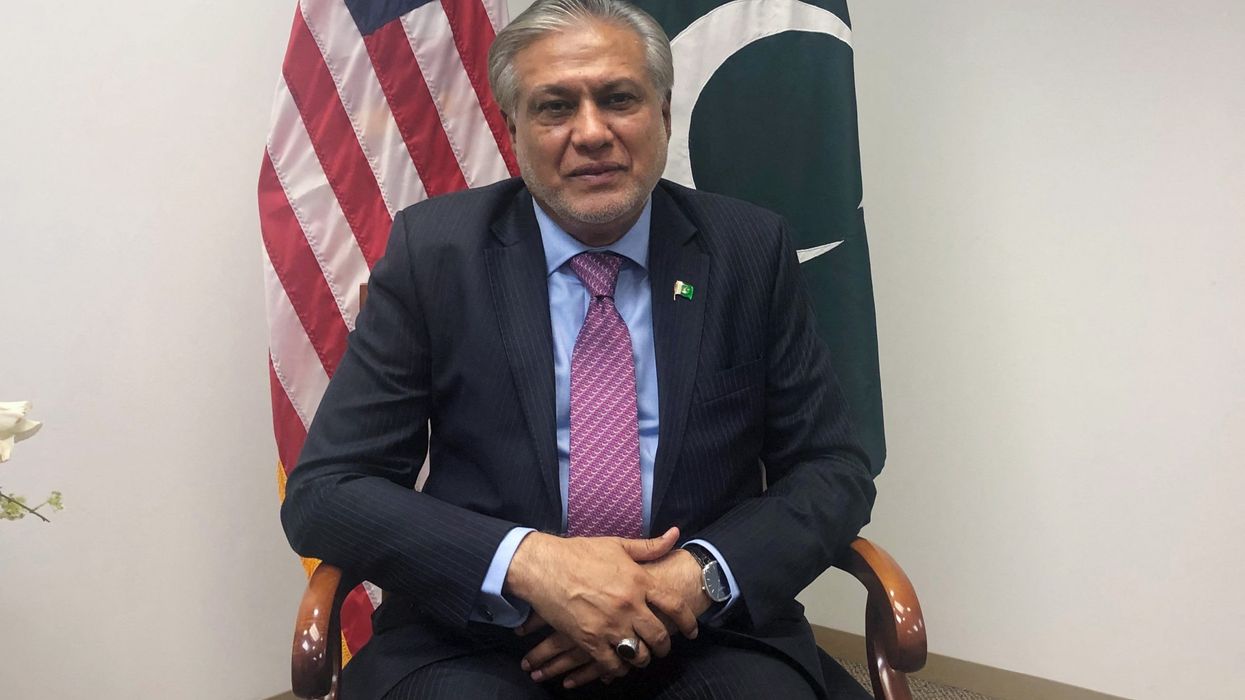The International Monetary Fund (IMF) is preparing to discuss Pakistan's budget plans for the coming financial year, as part of a long-awaited financing injection from the lender for the cash-strapped nation, the IMF's country mission chief said on Thursday (4).
Negotiations over key budget targets such as the fiscal deficit are one of the last hurdles before the IMF approves a staff-level agreement to release $1.1 billion in funding, which has been delayed since November, that is crucial for Pakistan to resolve an acute balance of payments crisis.
The finance ministry did not immediately respond to request for a comment.
"In all IMF programs, the authorities issue a letter of intent associated with the last review outlining their policy intentions for the period after the program," Nathan Porter, IMF mission chief to Pakistan, said.
On Thursday, finance minister Mohammad Ishaq Dar reiterated that Pakistan has already complied with all the prior actions for the ninth review with the IMF.
Prior to that, the government said that external financing was the last hurdle for the deal. Pakistan is required to give an assurance that its balance of payments deficit is fully financed for the fiscal year ending in June to unlock the next tranche of IMF funding.
The United Arab Emirates, Saudi Arabia, and China came to Pakistan's assistance with funding in March and April.
A successful staff level agreement (SLA) for the ninth review, which has been pending since November, will unlock the $1.1 billion in funds.
The money is a part of a $6.5 billion bailout package the IMF approved in 2019, which is due to end in June, prior to the budget. So far, Pakistan has received $3.9 billion during the current programme up until its eighth review.
In response to a question about the possibility of combining the ninth and 10th reviews in light of the imminent end of the latest programme, Porter said that the current baseline is to proceed sequentially with reviews.
The country is reeling from an economic crisis with inflation surging to 36.4 per cent, the highest in its history and the highest in South Asia.
The government has removed caps on the exchange rate, imposed taxes, raised energy tariffs, and scaled back subsidies in an attempt to unlock the IMF funding. It has also raised key interest rates to a record 21 per cent.
(Reuters)




